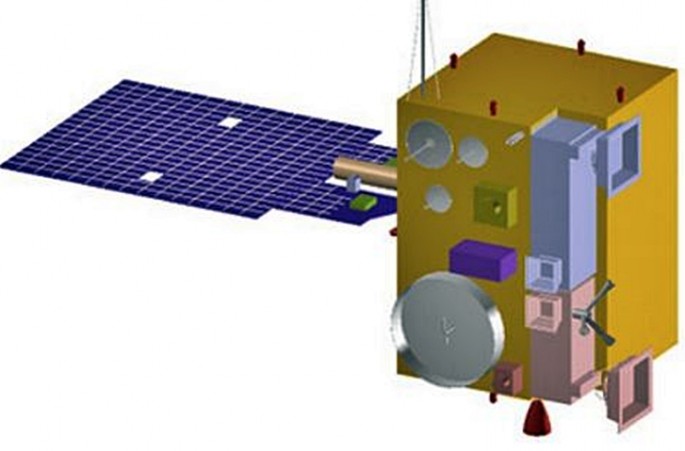China has successfully orbited its most advanced weather satellite -- Fengyun-4A -- after a launch Oct. 11 from the Xichang Satellite Launch Center in southwest Sichuan Province aboard a Long March-3B carrier rocket.
Fengyun-4A is the first of China's second-generation weather satellites and is also the country's first quantitative remote-sensing satellite that can scan far wider areas in geostationary orbit.
It's the first of six Fengyun-4A geostationary weather satellites that are part of China's geostationary meteorological satellite program called Fengyun-4 (FY-4). Fengyun-4A is the second generation of this class and will replace the earlier FY-2 series.
The second Fengyun satellite, FY-4B, will launch in 2018 and the third, FY-4C, in 2020. No launch dates have been announced for FY-4D, FY-4E and FY-4F. The FY-4 satellites have a lifespan of five years.
The successful launch of Fengyun-4A was the 242nd mission of China's Long March series of rockets.
The satellite will make spatial and spectral resolution observations of the atmosphere, clouds and space environment above China and surrounding regions. It is expected to significantly improving China's weather and climate forecasting capabilities, according to the State Administration of Science, Technology and Industry for National Defense.
The China Meteorological Administration is the primary user of the satellite. Seven Chinese weather satellites are still operational out of 14 in orbit.
China will cap its most successful year in spaceflight in December with the launch of at least five more satellites in addition to Fengyuin-4A. The six launches for December will bring to 25 the number of satellites orbited in 2016.
This number will be a Chinese national record for the most number of successful launches in a single calendar year.
Still to be to be launched in December will be TanSat or CarbonSat that will monitor carbon dioxide; the Jilin-1 "commercial remote sensing satellite," (a spy satellite) and three other satellites (also spy satellites) to be orbited along with Jilin-1, each with a different function.



























